AI and Writing Essays: Pros and Cons, How Will Students Learn to Write if an AI Writes It for Them?
Ask a Tech Teacher
APRIL 30, 2024
AI technologies can also help students who struggle with specific writing processes maintain a consistent writing quality. AI automates grammar checking and fundamental composition, letting students focus on creativity and analysis. If students overuse AI to write essays, they may not engage in critical thinking and creativity.

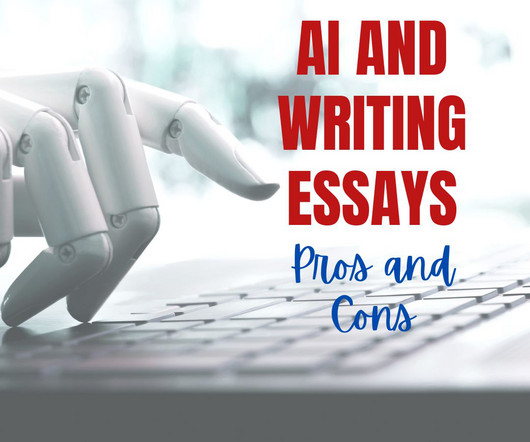


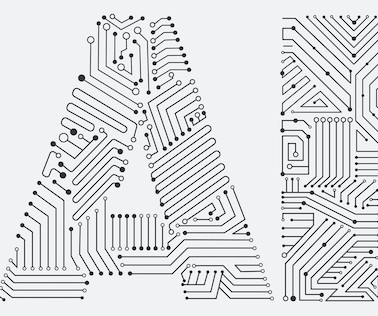
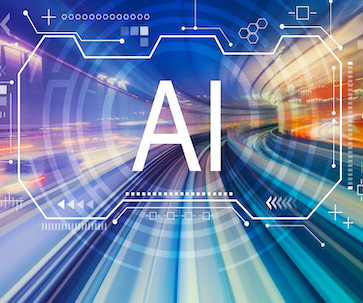




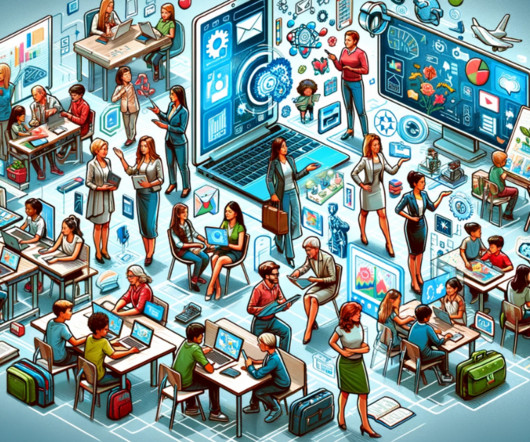
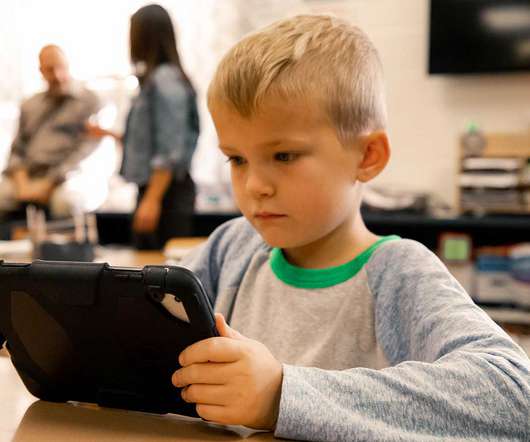












Let's personalize your content